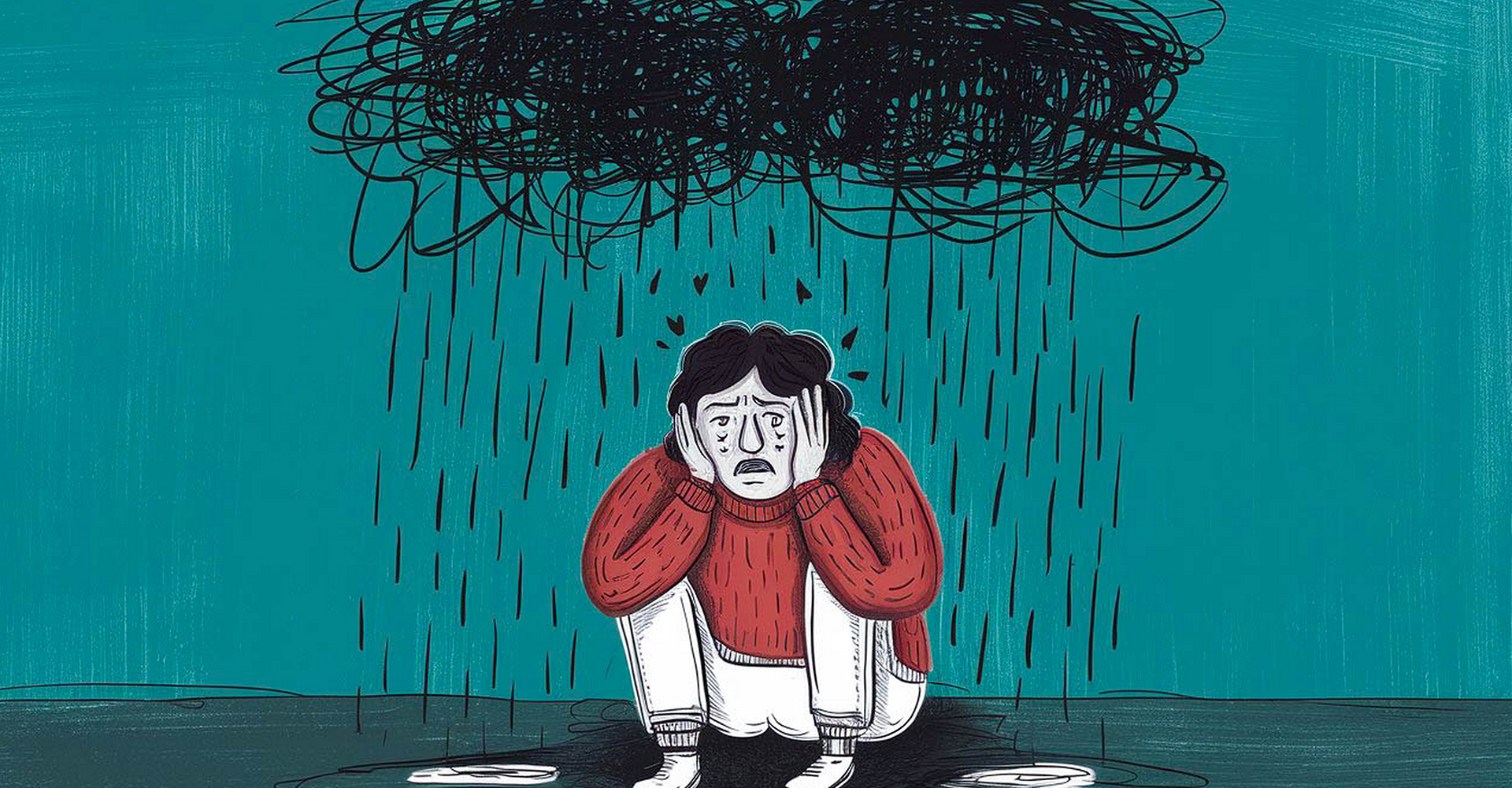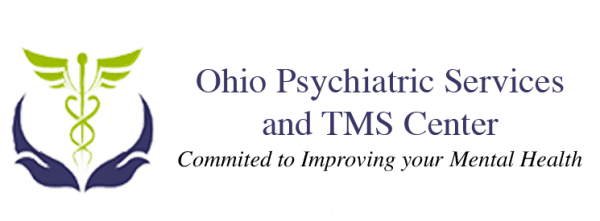
Importance of Early Intervention in Schizophrenia
A diagnosis of Schizophrenia might appear to be a lifetime sentence of hospital visits and piling medical bills but living a meaningful life while managing this disorder is not impossible. Schizophrenia is a mental health condition that affects how a patient thinks, feels and behaves. The condition is episodic, while suffering from a schizophrenic episode the patient might experience hallucinations, hear voices, or feel completely disconnected from reality.
Symptoms of Schizophrenia
The symptoms of schizophrenia can be divided into 3 main categories:
- Psychotic Symptoms—These symptoms affect the thinking, emotions, and the manner in which the patient experiences the world around them.
- Hallucinations — Hearing voices, and seeing things that aren’t real. People experiencing hallucinations often hear someone/something that others don’t.
- Delusion — Believing in irrational things. For example, one might believe that others are planning to harm them or that they are in grave danger.
- Thought disorder— Inability to express coherent thoughts, using words that have no meaning. Moving from one thought to another, or completely losing the thought trail.
- Negative Symptoms— Negative symptoms might lead to withdrawal from the social life, disinterest in engaging with others and lack of motivation. One might even stop doing basic activities like bathing and neglect personal hygiene.
- Cognitive Symptoms— Cognitive symptoms affect a person’s memory and concentration. One might not be able to retain or process new information or forget it soon after learning it.
Before the first episode of a psychotic episode patients experience a change in their mood, behaviour and social interactions. If you or a loved one is experiencing any of the following symptoms reach out to a close friend or family member or an experienced medical health provider for an initial evaluation.
Symptoms before the first psychosis might include;
- Hearing voices now and then that others don’t
- Feeling suspicious of other people’s motives
- Feeling anxious or fearful
- Inability to focus on concentrate at work/school
Early Diagnosis of Schizophrenia
Most people suffering from Schizophrenia are often diagnosed early in life, between the ages of 16-25, after experiencing the first episode of psychosis. Reaching out to a mental health professional at this stage can help in early intervention and treatment of the condition. It is rare to develop the condition in adolescence or after 40. The onset of this disorder is often higher for those assigned male at birth compared to those assigned female.
Treatment of Schizophrenia
While schizophrenia is an incurable disease, remission of symptoms and management is completely possible. An early diagnosis with effective treatment can help you reduce the distress a psychotic episode might cause.
Treatment for Schizophrenia includes medication combined with psychotherapy.
- Antipsychotic Medicines- These medicines given in a pill or liquid form help in reducing the impact and frequency of psychotic symptoms.
- Psychotherapy- Counselling and Cognitive Behavioral Therapy (CBT) can help in managing day-to-day functions and reduce stress.
Advanced mental healthcare providers like Ohio Psychiatric Services also provide TMS (Transcranial Magnetic Stimulation) a medicine-free treatment for anxiety and depression and Esketamine/ Spravato treatment (a nasal spray treatment for treatment-resistant depression) that can help with the symptoms of schizophrenia.
Schizophrenia might appear to be a complicated condition but one must remember that most people recover from the illness and can manage their symptoms with a good lifestyle, effective treatment and their family/friends’ support. Reach out to your mental healthcare provider today and explore the treatment options if you or someone you know is suffering from this condition.
Summary
Schizophrenia is a mental health condition that affects how a patient thinks, feels and behaves. The condition is episodic, while suffering from a schizophrenic episode the patient might experience hallucinations, hear voices, or feel completely disconnected from reality.
Most people suffering from Schizophrenia are often diagnosed early in life, between the ages of 16-25. Reaching out to a mental health professional at this stage can help in early intervention and treatment of the condition.

